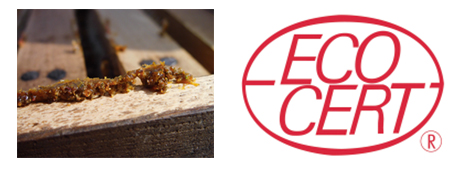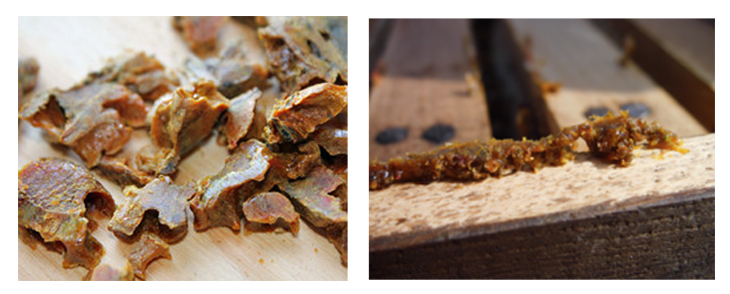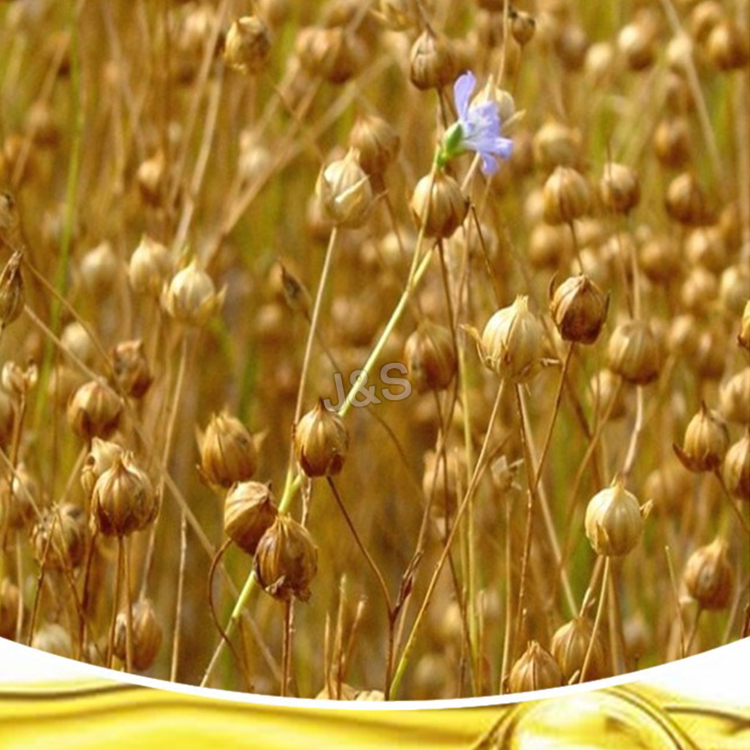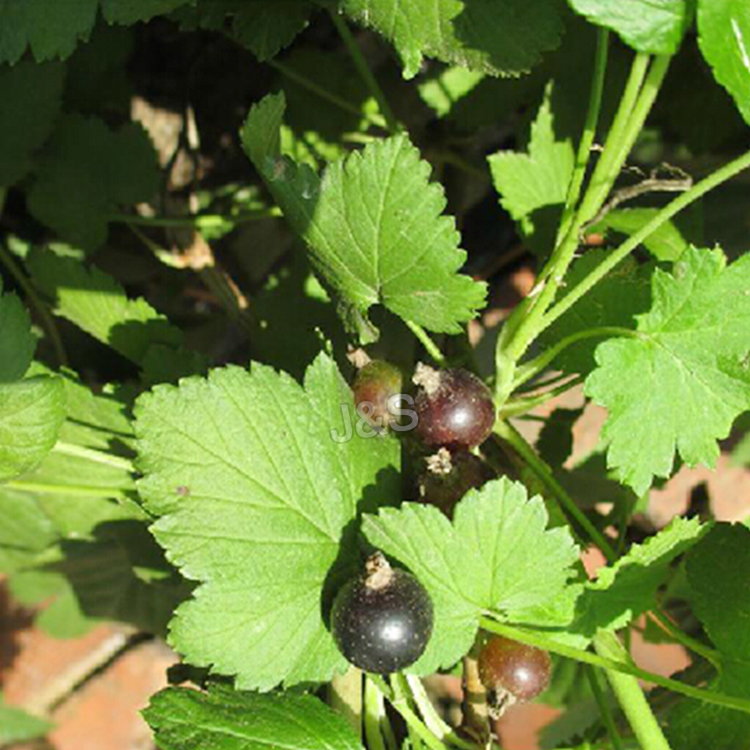factory Outlets for Propolis block Supply to Swiss
factory Outlets for Propolis block Supply to Swiss Detail:
[Products Name] Propolis block, pure propolis, raw propolis
[Specification] Propolis content 90%,95%
[Gerneral feature]
1. Low antibiotics
2. Low PAHs, can approve to 76/769/EEC/German:LMBG;
3.Organic certified by ECOCERT, according to EOS & NOP organic standard;
4.Pure natural propolis;
5.High content of flavones;
6.Low temperature extracted, retain high activity of all nutritions;

[Packaging]
1. 1kg/aluminum foil bag, 20kgs/carton.
[How to get it]
First, we collect raw propolis from beehives, then extract by low temperature with ethanol. Filter and concentrate, we get the pure propolis block at 90% to 95%.
[Introduction]
Propolis comes from the substance like natural resin, which is collected by the bees from exudates of plants branches and bud the chemical substances of Propolis are found to be various, such as beeswax, resin, incense lipids, aromatic oil, fat-soluble oils, pollen and other organic matter. Studies have shown that the source of propolis resin in material has three types: bees collected plants secreted fluid, secretion in vivo metabolism of bee, and involvement in the process of forming the material.
We can supply Propolis Extract with food-grade and medicine-grade .The raw materiall is came from non-polluting food grade propolis .Propolis extract was made of high-grade propolis. It maintains the propolis effective ingredients during the procedure of extraction under constant low temperature , taking off the useless substances and sterilization.
[Function]
Propolis is a natural product processed by bees mixed with glutinous and its secretion.
Propolis contains more than 20 kinds of useful flavonoids, rich vitamins, enzymes, amino acids and other microelements, etc. Propolis is called “purple gold” owing to its valued nutrients.
Propolis can remove free radical, lower blood sugar and blood fat, soften blood vessels, improve micro-circulation, enhance immunity, anti-bacteria and anti-cancer.
Product detail pictures:

Related Product Guide:
We'll make each hard work to become excellent and excellent, and speed up our measures for standing from the rank of intercontinental top-grade and high-tech enterprises for factory Outlets for Propolis block Supply to Swiss , The product will supply to all over the world, such as: Guatemala, Russia, Vancouver, Our company is continuing to serve customers with high quality, competitive price and timely delivery. We sincerely welcome friends from all over the world to cooperate with us and enlarge our business. If you are interested in our products, please feel free to contact us. We would love to provide you with further information.
“Equine Polysaccharide Storage Myopathy” is an inheritable glycogen storage disease of horses that causes exertional rhabdomyolysis. It is most commonly associated with heavy horse breeds and the American Quarter Horse. While incurable, PSSM can be managed with appropriate diet and exercise. There are currently 2 subtypes, known as Type 1 PSSM and Type 2 PSSM.
Glycogen is a molecular polymer of glucose used to store energy, and is important for maintaining glucose hemostasis in the blood, as well as for providing energy for skeletal muscle and cardiac muscle contraction. Molecules of glucose are linked into linear chains by α-1,4-glycosidic bonds. Additionally, branches of glucose are formed off of the chain by α-1,6-glycosidic bonds. 2 molecules of glucose are joined into an α-1,4-glycosidic bonds by an enzyme known as glycogen synthase. This bond may be broken by amylase when the body wishes to break down glycogen into glucose for energy. Glycogen branching enzyme is responsible for the required α-1,6-glycosidic bonds needed to start a branch off of these linear chains.
Any disruption to this system results in a glycogen storage disease. There are currently 3 subcategories of glycogen storage diseases in horses: Type 1 Polysaccharide Storage Myopathy, Glycogen Branching Enzyme Deficiency , and Type 2 Polysaccharide Storage Myopathy.
Type 1 PSSM is caused by an autosomal dominant genetic mutation known as GSY1. This mutation causes an up-regulation of glycogen synthase, and high levels of glycogen synthase relative to glycogen branching enzyme . This altered ratio of glycogen synthase to GBE results in glycogen molecules with long chains and few branches, making these molecules somewhat amylase resistant. The GSY1 mutation is associated with altered glucose metabolism , as well as accumulation of high levels of glycogen and abnormal polysaccharide in the muscles of the horse. Additionally, some horses have been shown to have insulin sensitivity, which improves glucose uptake by muscle cells and contributes to excessive glycogen storage that is already elevated secondary to the GSY1 mutation.
Wiz Science™ is “the” learning channel for children and all ages.
SUBSCRIBE TODAY
Disclaimer: This video is for your information only. The author or publisher does not guarantee the accuracy of the content presented in this video. USE AT YOUR OWN RISK.
Background Music:
“The Place Inside” by Silent Partner (royalty-free) from YouTube Audio Library.
This video uses material/images from https://en.wikipedia.org/wiki/Equine+polysaccharide+storage+myopathy, which is released under Creative Commons Attribution-Share-Alike License 3.0 https://creativecommons.org/licenses/by-sa/3.0/ . This video is licensed under Creative Commons Attribution-Share-Alike License 3.0 https://creativecommons.org/licenses/by-sa/3.0/ . To reuse/adapt the content in your own work, you must comply with the license terms.
https://www.indigoworld.com.au provide information on Acai Berry Juice Drink, RioVida. Buy Acai Berry juices from https://www.indigoworld.com.au Australia.
The company leader recept us warmly, through a meticulous and thorough discussion, we signed a purchase order. Hope to cooperate smoothly







